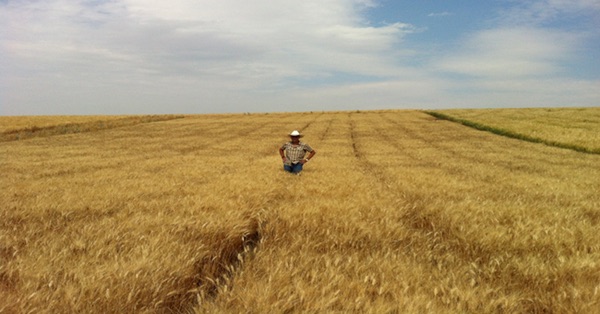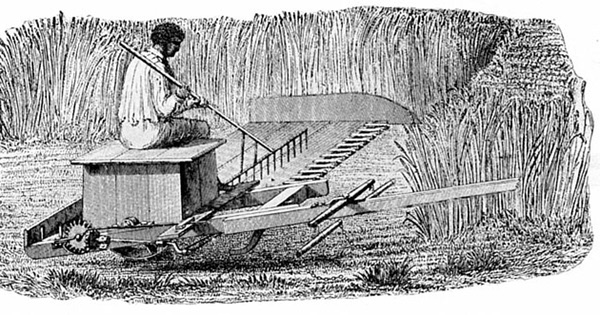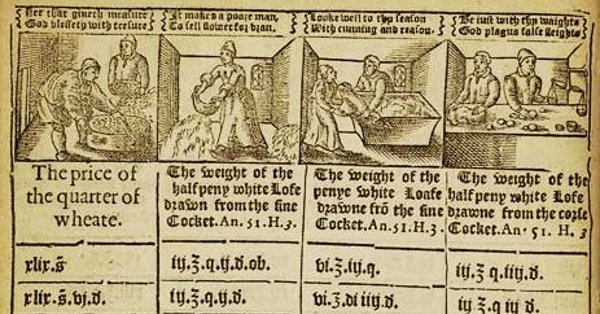
Podcast: Play in new window | Download (Duration: 6:48 — 5.5MB)
Subscribe: Google Podcasts | Spotify | Android | RSS | More
Durum wheat is only about 5% of the total wheat harvest around the world. For those of us who like our pasta, that’s a very important 5%. Different gluten proteins make a durum dough stretchy rather than elastic — perfect for pasta. The kernels are very hard and need dedicated milling machinery, which produces small granules — semolina — rather than flour. That, however, may be about to change.
Photo of Soft Svevo from USDA, Pullman, WA.



